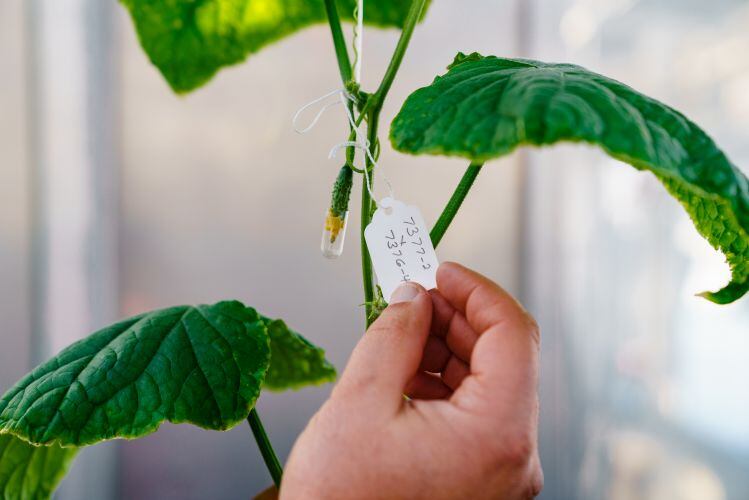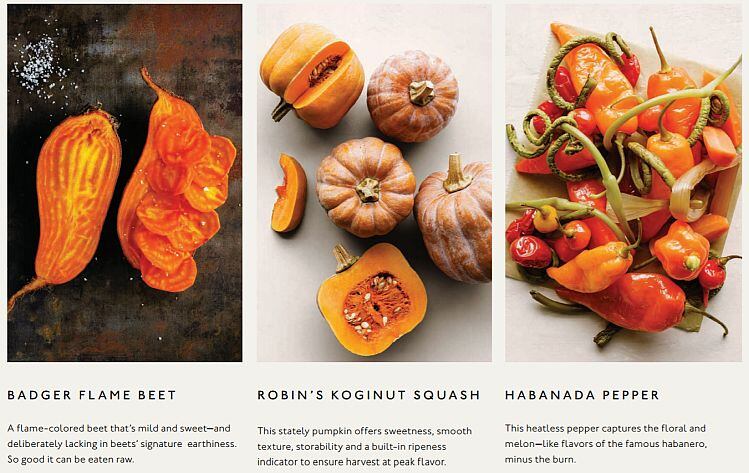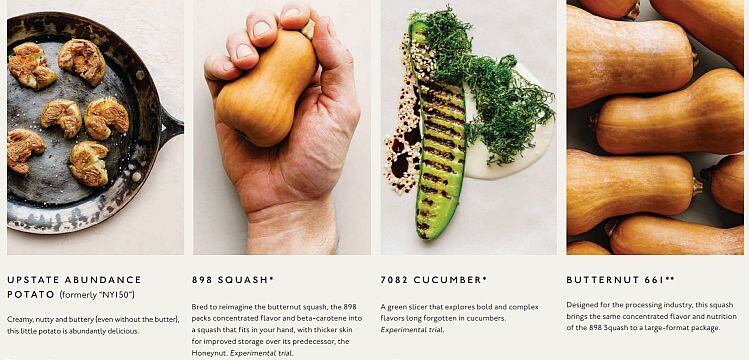But is this just a niche venture enabling high-end restaurants to offer more flavorful sides, or could this have a broader impact on the food system?
It might start out as the former, Barber told FoodNavigator-USA, but the company – co-founded by Barber (an award winning chef), organic seed grower Matthew Goldfarb and plant breeding and genetics expert Michael Mazourek from Cornell University – has a far loftier mission over the long term.
“We want to reimagine the food system from the ground up,” said Barber, who asked Mazourek several years ago if he could breed a tastier butternut squash (one that didn’t need brown sugar or maple syrup to make it delicious), and started a journey of discovery and experimentation that has since expanded to include multiple breeders, farmers and chefs.
Democratizing flavor
He added: “Chefs like me privilege old seed varieties that have been passed down for generations because of deliciousness, but on an agronomic level, it’s risky to grow them because they are not bred for yield, the disease resistance isn’t good and by definition you are growing the heirloom out of place – it was bred and selected in a different climate.
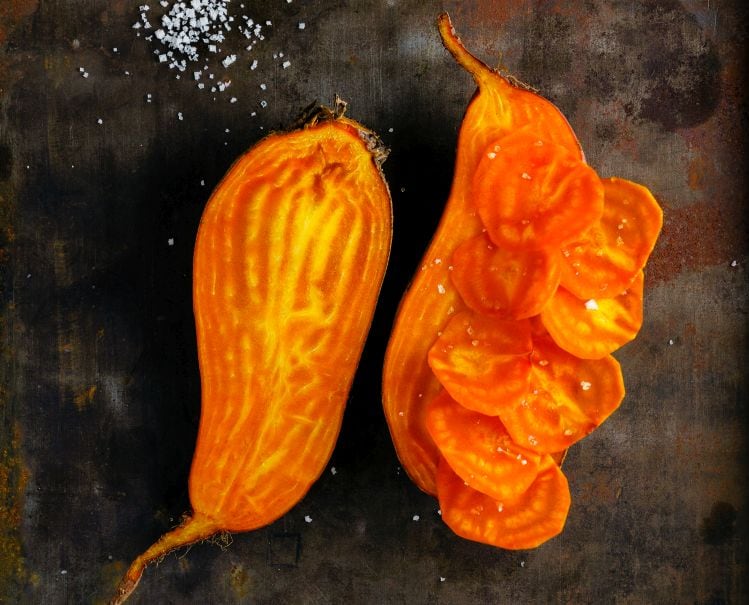
“But you have to pay for that, and it becomes quite elitist, so why can’t we take these flavors and bring them to the everyday diner and democratize flavor in a way that is also a win for food producers [who need to be able to make a return and want a certain kind of yield and robustness/disease resistance]?
"We want to preserve the flavor we want to celebrate, but also develop new varieties that have a chance to be enjoyed by more people.
“We are reaching back but also looking to the future by employing modern tools such as genome mapping that allow breeders to take varieties from conception to seed much more quickly, without using genetic engineering techniques. All of our seeds are certified organic and designed for organic farming systems.”
Part of the problem is that breeders aren’t talking to chefs, but rather big supermarket chains that are looking for yield and uniformity and shelf life – things that chefs are far less interested in than flavor and nutrition, he claimed.
“You’ve got to start with flavor but also select for yield and disease resistance so the farmer can make money, or you’ve just got an heirloom company.”
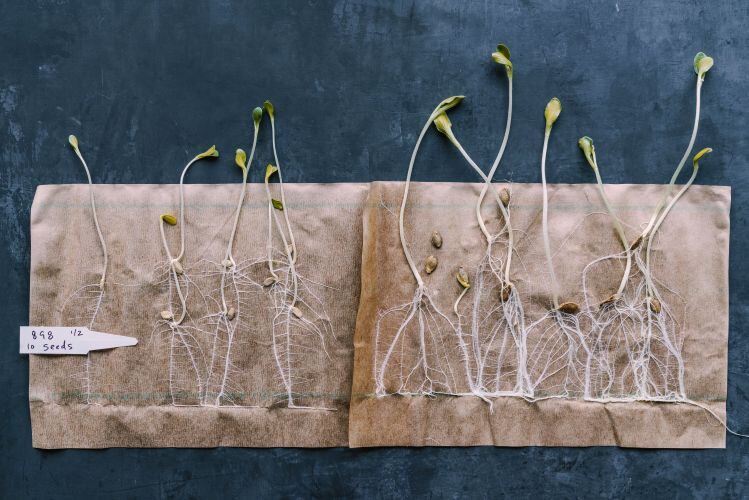
We’ve started with chefs because if it is going to get into the hands of mid-size growers, it’s going to be because chefs want it
Row 7 will launch with seven varieties of certified organic seeds – from flame colored beets without that signature earthiness that are so mild and sweet they can be eaten raw; to peppers with the floral and melon notes of the habanero, minus the burn; and cucumbers with "bold and complex flavors" - which growers and gardeners can purchase at row7seeds.
But this is just the beginning, said Barber, who has also attracted investment capital from Richard Schnieders, former CEO of Sysco Foods, as well as Walter Robb and others: “We want feedback. So we’ve got a sweet beet you can serve raw with a bit of salt, but will that work in the pacific northwest as well as Wisconsin where it was bred? We’re also releasing trials as well as finished seeds. The conversations we’ve been having already are just amazing."
Stepping back and looking at the food system, he said, diversity is “key for a system of agriculture that produces food without chemicals.
“Organic agriculture forces diversity. You can’t grow the same things year in and out on your farm, you need to continually make your crops diverse and grow multiple different varieties year after year.”
But he added: “We’ve started with chefs because they create markets. If our seeds are going to get into the hands of mid-size growers, it’s going to be because chefs want this, and consumers are asking for it. Consumers don't buy foods because they want ecological diversity, they do it because of taste."
He added: “Most people are not eating enough vegetables, and one of the reasons for that is that they don’t taste good enough.”
